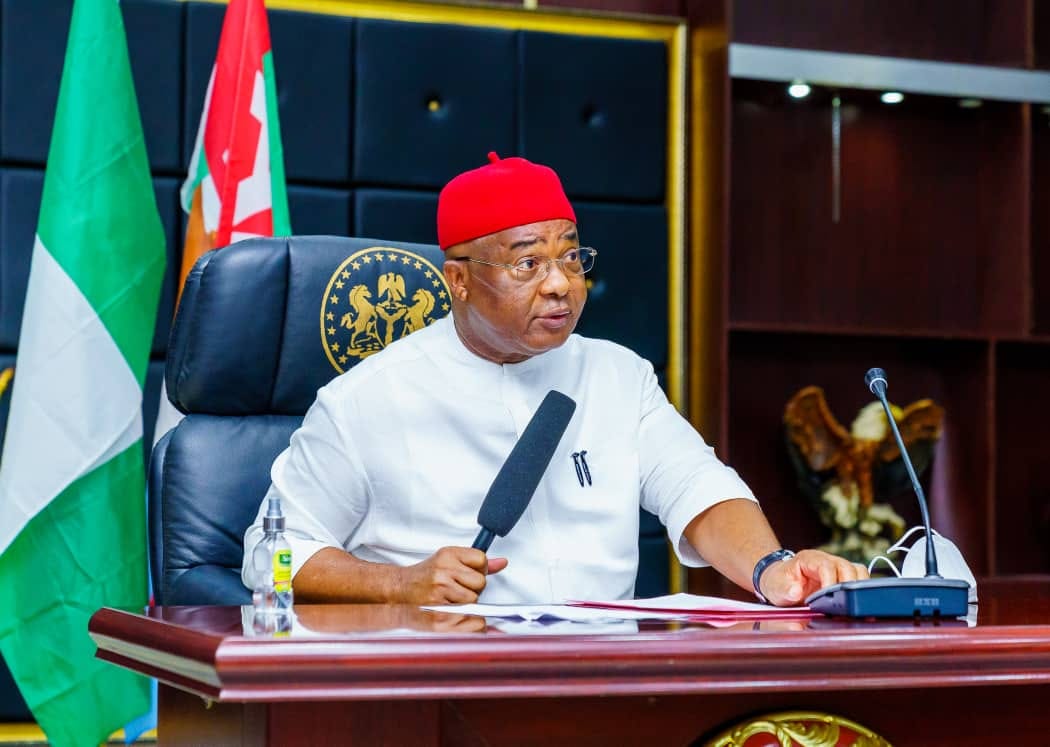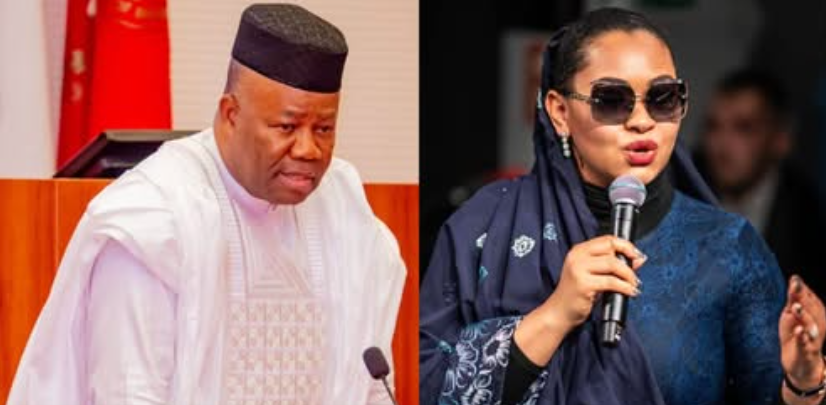Uzodimma, Otti Differ on State Creation at Constitution Review Hearing

At a public hearing on the 1999 Constitution Review held in Owerri for Imo and Abia states, Governors Hope Uzodimma and Alex Otti on Saturday presented differing views on the issue of state creation.
Governor Uzodimma called for the creation of at least two additional states in the South-East, arguing that it would promote equity and justice for the Igbo people and address the region’s perceived marginalisation. He said the South-East, with only five states, remains underrepresented in critical national institutions compared to other zones with six or more states.
“This imbalance has shrunk our voice and abridged our inclusivity. Therefore, it’s only fair and just that we ask for the creation of at least two additional states in the South-East,” Uzodimma said.
He specifically proposed the creation of Anim State, which he said has oil-producing potential and would be commercially viable. He also advocated the creation of additional local government areas for the zone. Uzodimma further urged constitutional amendments to grant indigeneship rights to anyone born or resident in a state for at least 10 years.
On the presidency, Uzodimma called for a rotational arrangement among the six geopolitical zones rather than the current North-South divide. He also expressed support for state police, describing the current centralised policing structure as overstretched and disconnected from local realities.
“As the Chairman of the Progressive Governors Forum, I can confirm that we support the decentralisation of the police for greater responsiveness and effectiveness. The fear that governors will misuse such a force is unfounded and frankly outdated,” Uzodimma said.
Governor Otti, represented by Deputy Governor Ikechukwu Emetu, expressed reservations about creating new states, warning that it would overstretch Nigeria’s limited resources. He said proposals for 31 additional states would increase administrative costs and bloat an already oversized bureaucracy.
“I respect the right of those who believe that the creation of new states would address concerns of marginalisation and exclusion of some ethnic and religious groups in the current structure. However, except we can magically find independent sources of financing, I do not share the optimism of those promoting the idea of adding new states to the current 36-state structure,” Otti said.
He recommended an inclusive governance model within existing states to ensure equitable resource allocation and representation for all major clans and groups. Otti also stressed the need for economic reforms, job creation outside the civil service, and prioritising the welfare of ordinary citizens.
On security, Otti supported the creation of state police, but called for clear standards on leadership, recruitment, accountability, and human rights. He also backed the creation of additional seats for women in national and state assemblies to enhance female participation in governance.
Otti further urged caution on proposals to make local government councils a separate tier of government, warning against expanding an already overburdened bureaucracy. He supported making free and compulsory basic education a fundamental right of all citizens and called for strengthening internal processes within political parties to encourage active participation of women.
“Our target should not be to create a perfect constitution, but build on the gains that have been made over the past 26 years since the present Constitution came into effect,” Otti said.


